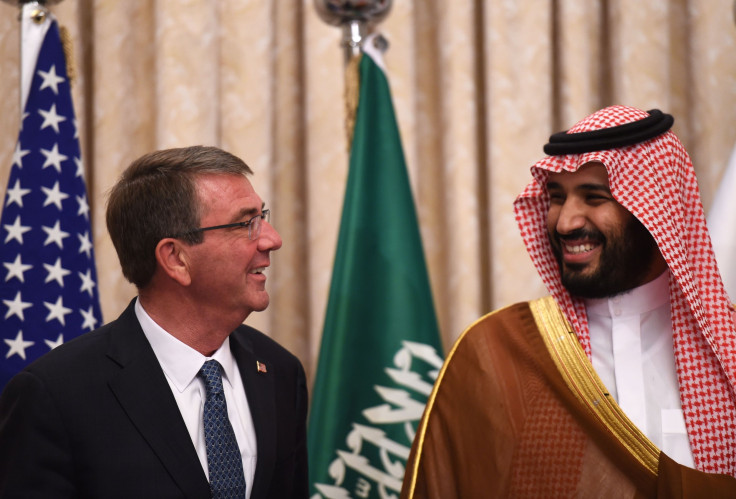World’s Biggest IPO Delayed, Saudi Aramco Listing Likely In 2019 Now: Report

The much-anticipated listing of the Saudi Aramco, the world’s largest oil and gas company, in late 2018 is likely delayed at least a few months, and is now expected to take place in 2019. The initial public offering (IPO) of shares in the Saudi Arabian state-linked corporation would be the biggest yet in the world.
The listing would value the company at an estimated of $2 trillion. By way of comparison, the title of the world’s most valued publicly traded company is held by Apple, which, based on its share price at close of trade Friday on Nasdaq, had a market capitalization of $913.22 billion. It is slated to become the world’s first company valued at $1 trillion. Aramco’s listing, depending on when it takes place, could beat Apple to the punch.
The likely delay was communicated by Saudi officials to their counterparts in the United Kingdom, the Financial Times reported Sunday. Other than a domestic IPO, Aramco maybe considering a foreign floatation as well, and London is a candidate for that listing. Hong Kong and New York are also vying for the position.
Five percent of Aramco is to be sold in the IPO, but there is still no final decision on whether there will be a simultaneous or sequential listing on an exchange outside Saudi Arabia’s Tadawul, which is reportedly not yet prepared for the Aramco share sale. The crown prince, who was in London last week, is visiting the United States later in March. He is reportedly keen on a listing in New York and may try to win some regulatory concessions during his upcoming visit.

Saudi Arabia’s economy is heavily reliant on its fossil fuel industry, and the crown prince is trying to modernize and diversify the economy. The Aramco stake sale is part of the plan, the proceeds from which are expected to be partially used for the diversification.
The fact that oil and gas, like other fossil fuels, exist in limited quantities in or on Earth, and take millions of years to replenish, is an obvious drawback to an economy centered round them. But in the shorter-term, Saudi Arabia and other oil-producing countries have been hit by the fall in the price of crude oil, partially a result of wider and cheaper availability of alternative fuels.
The global benchmark for crude oil, Brent crude index, was trading at about $115 in the middle of June 2014, but on Jan. 15, 2016, it touched a low-point of below $30, registering a fall of over 70 percent in just under 18 months. It has made a slow, jagged recovery since, crossing $70 over 2 years later, on Jan. 26, 2018. At 3 a.m. EST Monday, Brent was trading at $65.30.
© Copyright IBTimes 2025. All rights reserved.





















